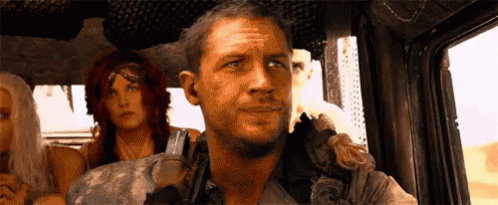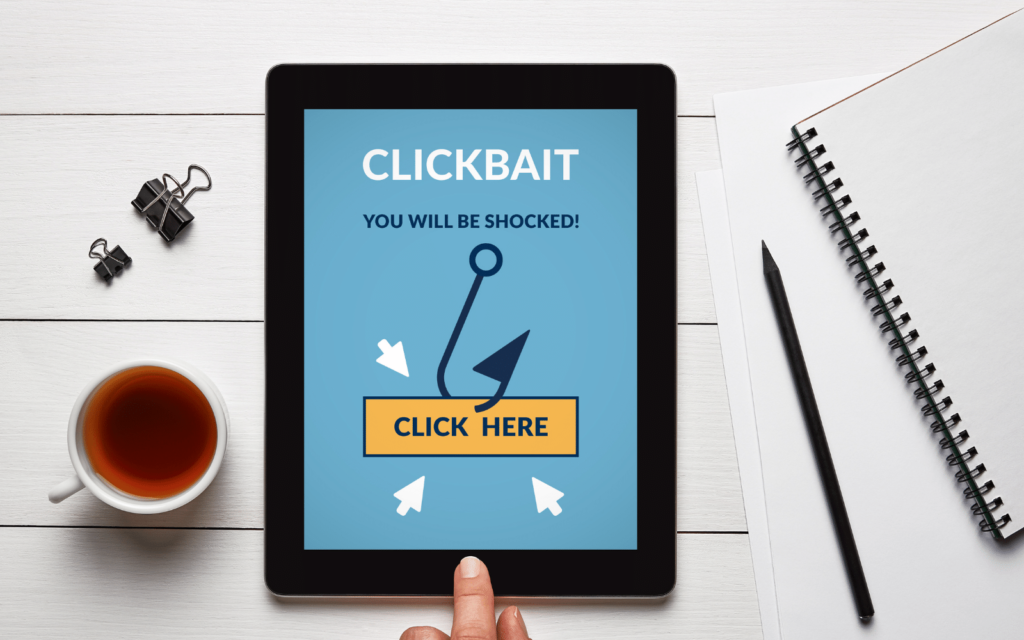Clickbait, in case you’re new to the internet, isn’t a positive thing. Unless you’re running a click-farm, in which case you’re counting on sensationalist headlines to pump up specific numbers. Google seems to understand this, which is why the company is rolling out some anti-clickbait measures this week
Bait only ever benefits the person who put it out there. That goes for fish and deer, as well as people arguing on the internet. Why should website articles be any different? Several studies show that clickbait can negatively affect credibility and damage a source of information. Those that use it… tend not to care about either of those things.
That’s clickbait
 Human beings on the internet, when they’re not doomscrolling, tend to search for specific, useful information. It’s almost never found behind the ’10 Reasons Why Baby Penguins Are Actually Holograms’ headline. If these psychologically-attractive but wholly useless posts are cluttering up a search, they act as active roadblocks to the information being searched.
Human beings on the internet, when they’re not doomscrolling, tend to search for specific, useful information. It’s almost never found behind the ’10 Reasons Why Baby Penguins Are Actually Holograms’ headline. If these psychologically-attractive but wholly useless posts are cluttering up a search, they act as active roadblocks to the information being searched.
Google is tweaking its search results — it’s not saying how, exactly — to minimise content that “…was designed to attract clicks rather than inform readers”. The aim is to give functional information precedence over shallow content designed to appeal to curiosity.
This so-called “helpful content update” joins an update last year improving the visibility of high-quality review content on Google’s Search. The anti-clickbait rollout is global, meaning you should see an effect in Google searches sometime this week, particularly if you’re after educational information.
“This ranking update will help make sure that unoriginal, low quality content doesn’t rank highly in Search, and our testing has found it will especially improve results related to online education, as well as arts and entertainment, shopping and tech-related content.”




